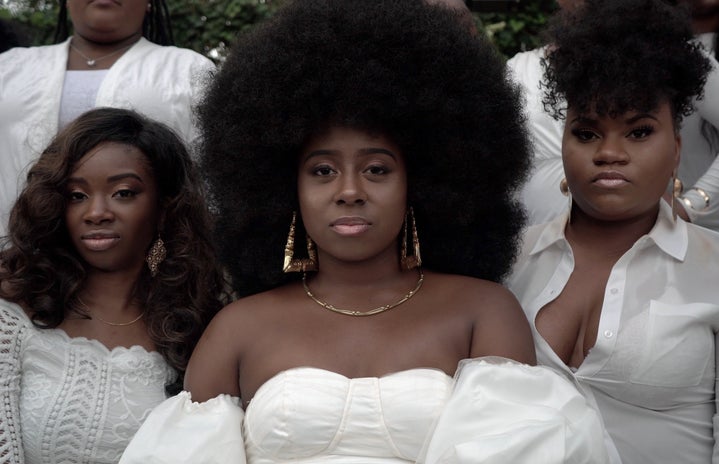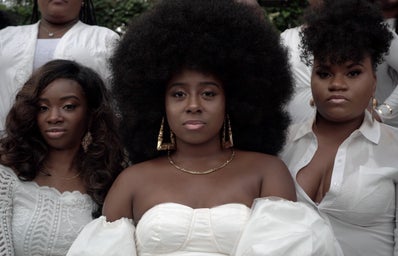The idea of my hair not fitting the status quo or not fitting in is not a new concept to me or anyone else for that matter who shares my hair type. Dreads, twists, braids, and natural hair have consistently been left out of the conversation when it comes to hair for the workplace, and this undoubtedly contributes to the dangerous narrative that Black people do not naturally possess the right look for office spaces. Black people are constantly pressured to change their hair or cover it up in order to get the right jobs and be in the right spaces.
Hair has slowly become another opportunity for microaggressions just like skin color is. People use it to place Black people into a box; a box that leaves and sometimes pushes them out of the conversation, the meetings, the promotions, and the positions that they deserve to be in. To think that someone’s hairstyle could possibly dictate how seriously someone is taken or dictate how they are treated is ridiculous, and a standard that needs to be immediately thrown away. Hair does not determine the validity of someone’s degree, their experience, or the skills they possess, so why should it matter at all? Are white people criticized for the way they choose to wear their hair? Does it make a difference in their professional life? Then why should it make any difference in the lives of those with a darker complexion and different hair texture?
At the same time that Black people are not being considered for jobs, Black hair is also fetishized. The same day that someone may get called out for their hair by their boss, their coworker may ask (or not ask) to touch their hair because they’ve “never seen anything like it.” Usually what follows is a combination of rapid-fire questions like, “You don’t wash it every day?” or, “Does it hurt?”, or maybe even, “Is that ALL your hair?” Black hair is also appropriated like many other aspects of Black culture. The Black community is always in a state of being criticized for their natural hair by the professional world, but also being appropriated at the same time.
East Point, Georgia took a stand. They passed the CROWN Act which takes a stand against Black hair discrimination in the workplace. CROWN stands for, Create a Respectful and Open World for Natural Hair. Other places have also passed this act and taken steps toward protecting Black hair and most importantly, the people that it belongs to.


